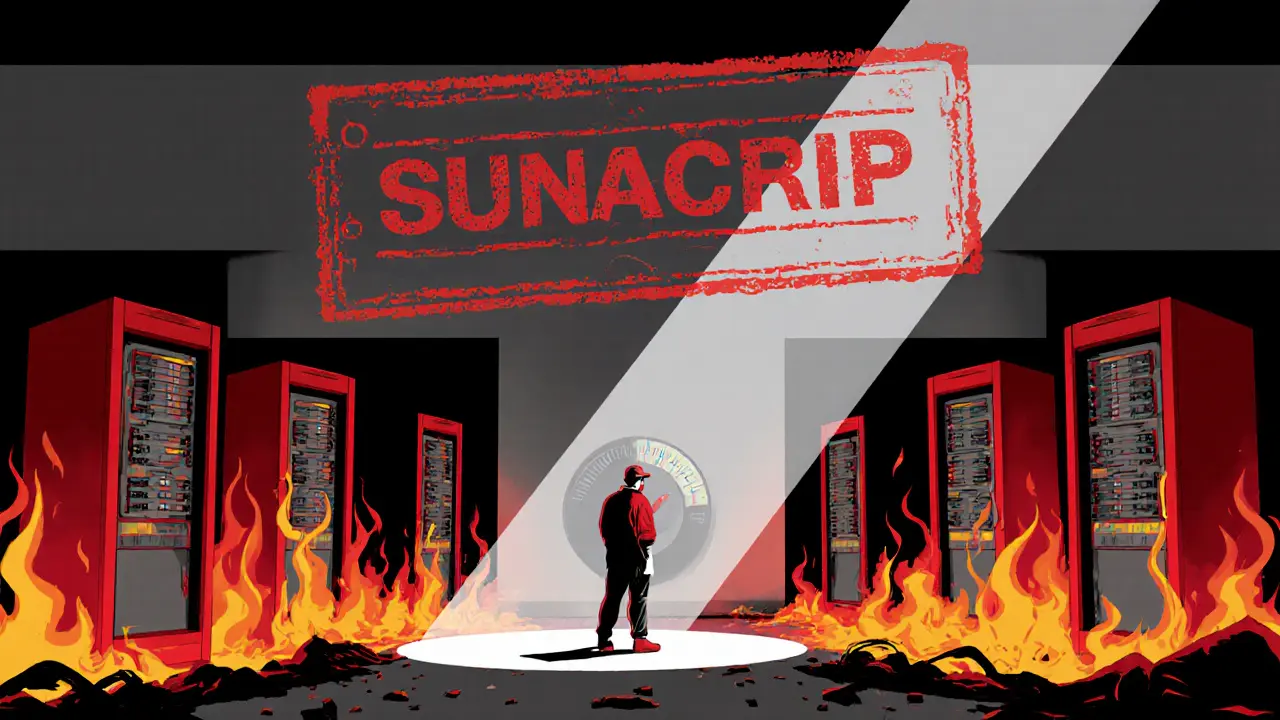Venezuela Crypto Mining: How Bitcoin Mining Survives in Hyperinflation
When the Venezuelan bolivar lost 99% of its value, people didn’t just stop buying coffee—they started mining Bitcoin, a decentralized digital currency that operates without banks or government control. Also known as crypto mining, this process uses powerful computers to secure the Bitcoin network and earn new coins as rewards. For many in Venezuela, it became the only way to store value, pay for food, or send money abroad when banks froze accounts and inflation hit 10 million percent.
What made this possible? Cheap electricity. Venezuela has some of the lowest power rates in the world, thanks to state-subsidized hydroelectric dams. Miners rigged up clusters of old GPUs and ASICs in homes, garages, and even basements, running them 24/7 with stolen or subsidized power. Some traded mining rigs for groceries. Others sold their Bitcoin earnings on peer-to-peer platforms like LocalBitcoins to buy imported medicine or school supplies. This wasn’t a tech trend—it was a survival strategy. And it worked, at least for those who had access to hardware, internet, and a bit of luck.
The government didn’t help. While they banned crypto payments and tried to push their own digital currency, the Petro, real miners ignored them. The Petro had no trust, no liquidity, and no users. Meanwhile, Bitcoin kept ticking. Miners learned to hide their rigs from tax inspectors, use solar panels to avoid blackouts, and swap hardware on the black market when equipment failed. Some even formed co-ops to share power and cooling. This wasn’t Wall Street speculation. It was a grassroots network built on necessity, not profit.
Today, mining in Venezuela is quieter—but still alive. Power outages are worse. New laws make it riskier. But the need hasn’t gone away. People still trade crypto to survive. And the rigs? They’re still running, even if just for a few hours a night. What you’ll find in the posts below aren’t glossy guides or hype-filled reports. These are real stories: how someone turned a broken laptop into a miner, how a family paid rent with Bitcoin, why a farmer in Maracaibo ditched his tractor for a rig. This isn’t about getting rich. It’s about staying alive in a country where the system broke down—and crypto became the backup plan.
State Control of Crypto Mining in Venezuela: How the Government Regulates and Restricts Digital Mining
Venezuela’s state-controlled crypto mining system was meant to boost the economy with cheap power and Bitcoin. Today, it’s paralyzed by corruption, blackouts, and broken regulations - yet people still mine anyway.
Details +